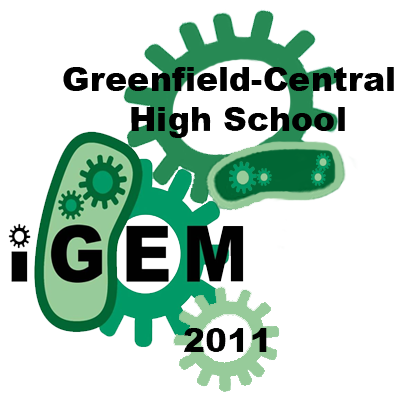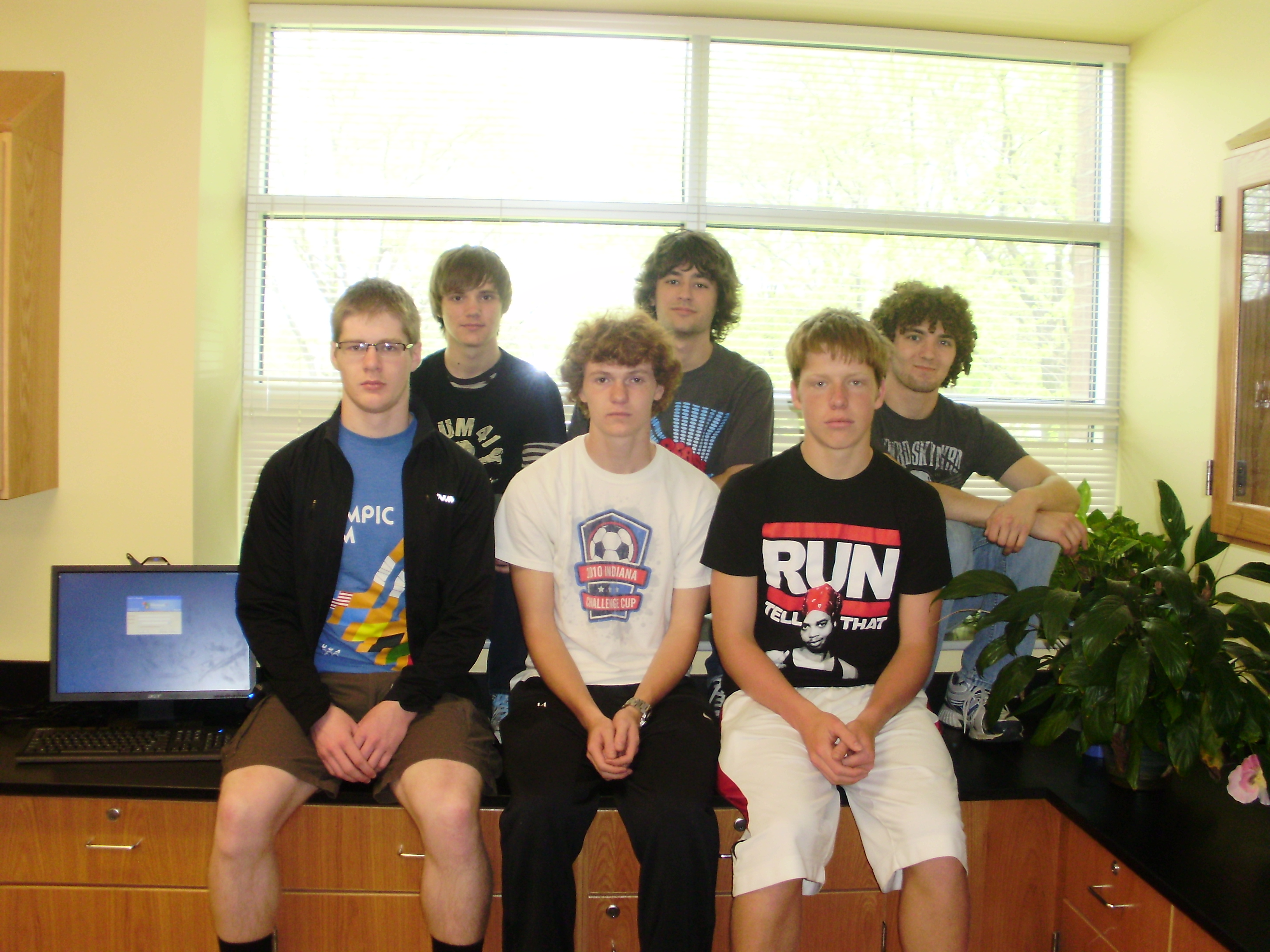Team:Greenfield IN-Rihm-HS/Attributions
From 2011.igem.org
| Line 42: | Line 42: | ||
| class="right" | [[Team:Greenfield_IN-Rihm-HS|Home]] | | class="right" | [[Team:Greenfield_IN-Rihm-HS|Home]] | ||
| style="width:88px;" | [[Team:Greenfield_IN-Rihm-HS/Team|Team]] | | style="width:88px;" | [[Team:Greenfield_IN-Rihm-HS/Team|Team]] | ||
| - | |||
| class="left" | [[Team:Greenfield_IN-Rihm-HS/Project|Project]] | | class="left" | [[Team:Greenfield_IN-Rihm-HS/Project|Project]] | ||
| class="left" style="width:100px;" | [[Team:Greenfield_IN-Rihm-HS/Modeling|Modeling]] | | class="left" style="width:100px;" | [[Team:Greenfield_IN-Rihm-HS/Modeling|Modeling]] | ||
Revision as of 05:55, 4 June 2011
| Home | Team | Project | Modeling | Notebook | Safety | Attributions | Sponsors |
|
Our project this year is to design, create, and test a working cadmium water tester. We are going to do this by altering the existing biochemical pathway that Yeast has to recognize the cadmium, and then create our own code that will make it fluoresce red. When we originally had the idea for a water tester, we looked for metals, pesticides, and other harmful substances that are a problem in water supplies. Through much research, we found that cadmium is often a byproduct of many industrial processes, and is often leaked or exposed to the environment. Also, yeast recognizes the presence of cadmium already, so we figured it would be much more simple to alter an existing pathway than to create an entirely new one. We hope through research and experimentation that we are able to make cadmium much more detectable in the environment. | |
| Greenfield-Central High School Team Rihm |
Attributions & Contributions
Each team must clearly attribute work done by the team on this page. They must distinguish work done by the team from work done by others, including the host labs, advisors, instructors, graduate students, and postgraduate masters students.
Citations
1. Jeyaprakash, A., Welch J.W., Fogel, S. (1991) Multicopy CUP1 plasmids enhance cadmium and copper resistance levels in yeast. Molecular and General Genet. 363-368.
2. Mumberg, D., Muller, R., & Funk, M. (1995) Yeast vectors for the contolled expression of heterologous proteins in different genetic backgrounds. Elsevier Science B.V. 119-122.
3. Wysocki, R. & Tamas, M.J. (2010) How Saccharomyces cervisiae copes with toxic metals and metalloids. Federation of European Microbiology Societies Microbiology Review 925-951.
 "
"

